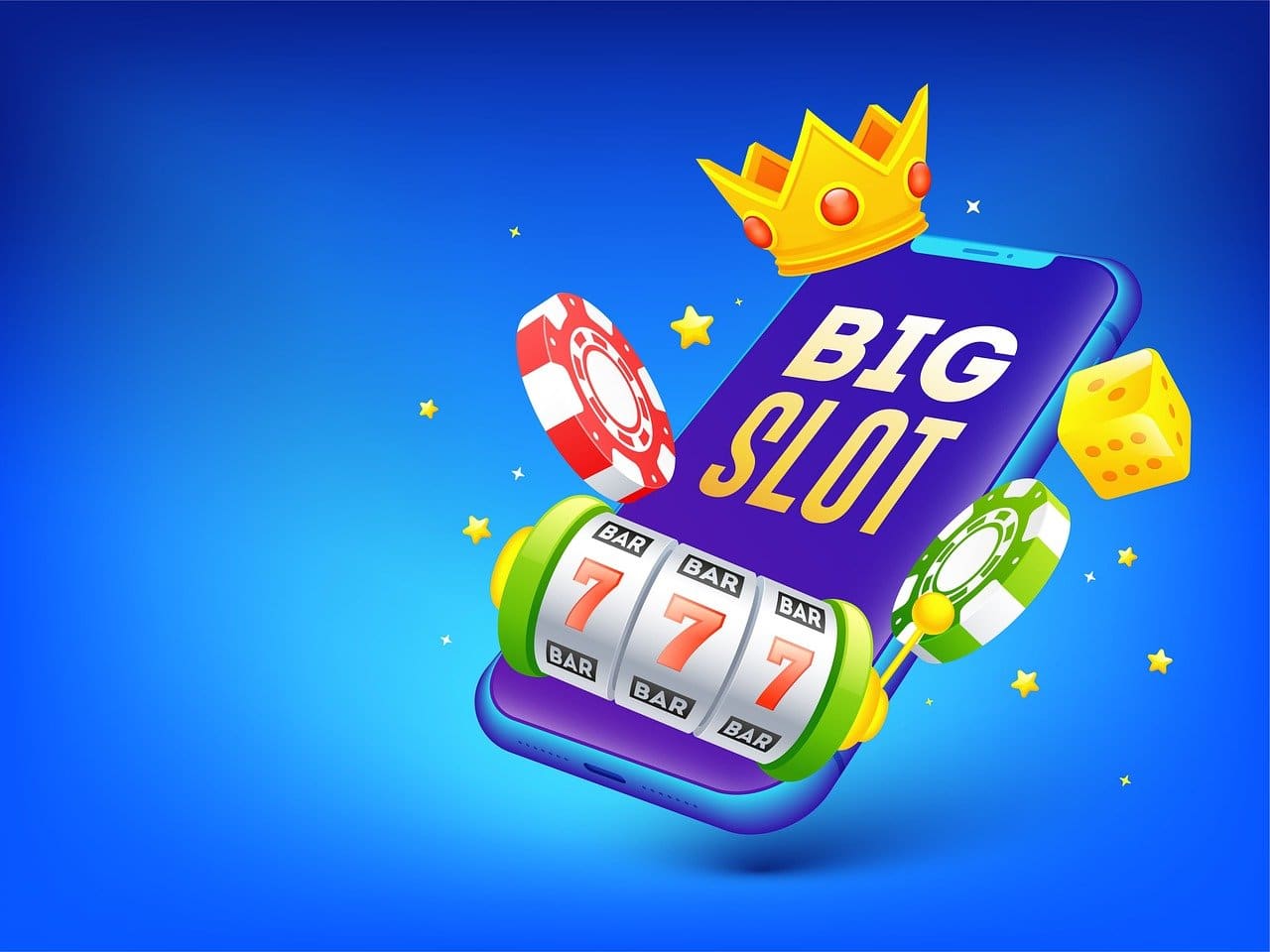Poker, often associated with gambling and casinos, is a strategic card game that has captivated players for centuries. While its reputation may be tarnished by misconceptions, there are numerous positive aspects to playing poker. This article explores the bright side of poker’s and its potential benefits.
A Mental Workout
Poker is a game of skill, not solely luck. It requires players to analyze information, make calculated decisions, and manage their emotions. This mental stimulation can enhance problem-solving abilities, critical thinking, and decision-making skills.
Social Interaction and Networking
Poker is a social activity that fosters connections and friendships. Playing in person or online allows players to interact with people from diverse backgrounds and cultures. These interactions can lead to valuable networking opportunities and lifelong friendships.
Financial Gains and Self-Discipline
While poker’s involves risk, it also offers the potential for financial rewards. Skilled players can turn their knowledge and abilities into a profitable endeavor. However, it’s important to approach poker with discipline and responsible gambling habits.
A Healthy Hobby
When played responsibly, poker can be a healthy and enjoyable hobby. It provides a mental break from everyday life and can help reduce stress. Engaging in recreational activities like poker’s can contribute to overall well-being.
Educational Opportunities
Poker can be a valuable learning experience. It teaches players about probability, statistics, and game theory. These concepts can be applied to various aspects of life, from business decisions to personal finance.
Conclusion
While poker may have a reputation for being a risky endeavor, it offers numerous benefits when played responsibly. From mental stimulation to social interaction and potential financial gains, poker’s can be a rewarding and enriching experience. By understanding the game’s strategic elements and playing with discipline, individuals can enjoy the positive aspects of this popular card game.



